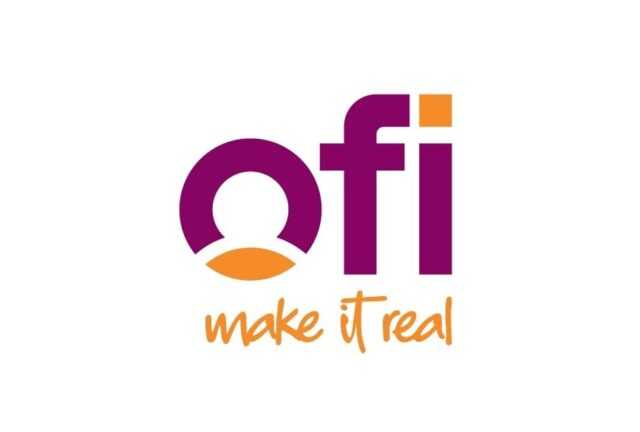LONDON, UK – By the end of the decade, ofi ’s coffee business, a leading supplier of green coffee, plans to cut supply chain emissions[i] by 30%, help enable 20,000 farmers to earn a living income, expand its human rights programs, and apply regenerative farming practices to half a million hectares in key coffee growing landscapes[ii].
Announcing the new sustainability goals under Coffee LENS (Livelihoods, Empowerment, and Nature at Scale) 2.0, Coffee Chief Executive Vivek Verma said: “Our targets are ambitious, but they’re backed by a sustainability journey spanning 20 years and represent the next chapter in our long-term ambition to build more resilient and regenerative coffee supply chains.”
More specifically, ofi has established the following four focus areas for its coffee business up to 2030:
- Improving farmer livelihoods: Expanding segmentation models to deliver customized support to 300,000 farmer households, with 20,000 achieving a living income
- Empowering communities: Implementing Child Labor Monitoring & Remediation Systems (CLMRS) in all high-risk supply chains with 50,000 children benefitting from educational support to protect human rights
- Accelerating decarbonization: Scaling up climate-smart actions and resource efficiency to reduce on-farm GHG emissions by 30% and by 50%[iii] in processing plants
- Restoring coffee landscapes: Working towards regenerative production systems to build Natural Capital while embedding geo-spatial tools in deforestation monitoring systems
“Our history of effective action for farmers, rural communities, climate and nature, as highlighted in our recent Impact Report, shows that we understand and can develop effective strategies to simultaneously address the most pressing challenges in the industry. Which is why, with the constantly evolving requirements of a sustainable coffee supply chain, we are looking to scale up our efforts and action under Coffee LENS with bigger and bolder targets for 2030”, Verma added.
The new targets come as food companies look to prepare for increasingly active enforcement on human rights and new EU rules on disclosing nature and climate risks, requiring the industry to move faster than ever before on traceability, human rights, and environmental due diligence in order to remain relevant.
ofi’s coffee teams, embedded in 18 origins across the coffee belt, will draw on innovation and digital capabilities to develop and scale solutions that tackle issues from child labor risks to deforestation, helping its customers to navigate the evolving landscape and achieve their responsible sourcing commitments.
For example, a Carbon Sequestration Monitoring (CSM) tool developed by ofi and Google geo-spatial partner NGIS[iv], is being rolled out to measure and account for gains and losses in carbon stocks on ofi’s coffee, as well as cashew and cocoa, suppliers’ farms, and sourcing landscapes.
The digital tool is one of several helping to bolster ofi’s existing monitoring frameworks and drive more efficient interventions to help meet its targets, which include implementing remediation actions whenever deforestation risks are identified in its supply chains.
Verma concluded: “Our bolder approach means that whether we’re supplying specialty coffees, cascara applications, or plant-based latte mixes, we can offer our roaster and manufacturer customers beverage ingredients that come with greater transparency and sustainability impact across their supply chains.”
i Scope 3: All indirect emissions (not included in scope 2) that occur from sources not owned or controlled by ofi, i.e., in ofi’s value chain, including both upstream and downstream emissions (Source: Greenhouse Gas Protocol, A Corporate Accounting and Reporting Standard I REVISED EDITION I)
ii ofi’s targets are further defined and specified in the Coffee LENS 2.0 report and should be read together with this news release
iii The baseline year for GHG reduction targets is 2020
iv https://ngis.com.au/Newsroom/NGIS-and-OFI-to-Build-Carbon-Monitoring-Tool


















